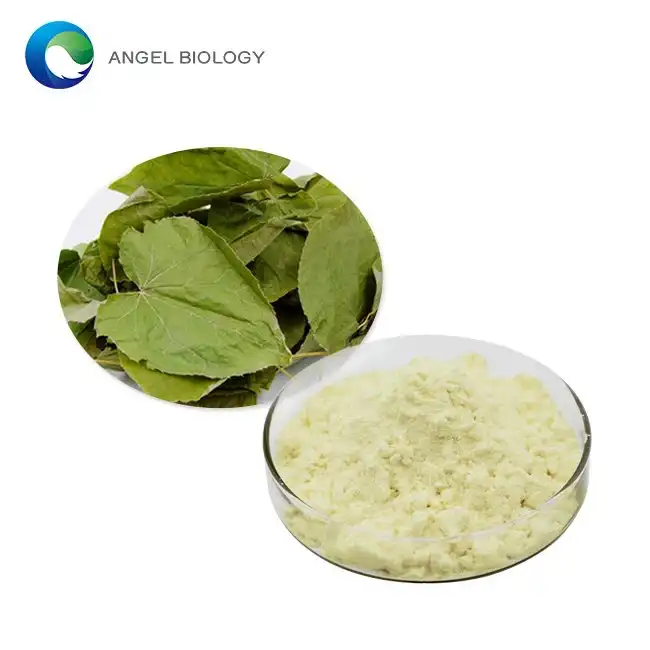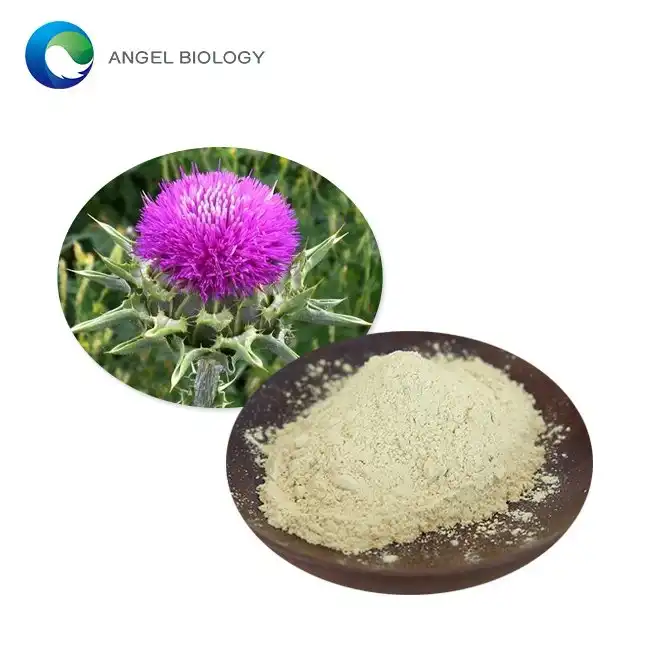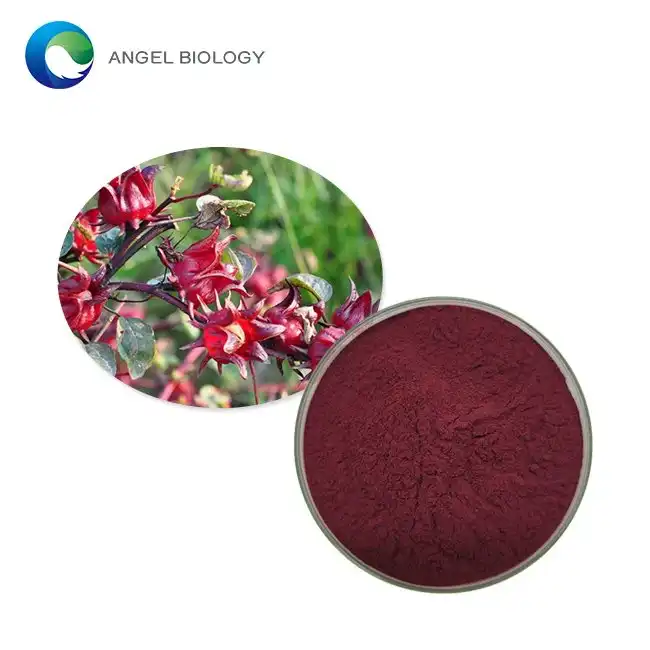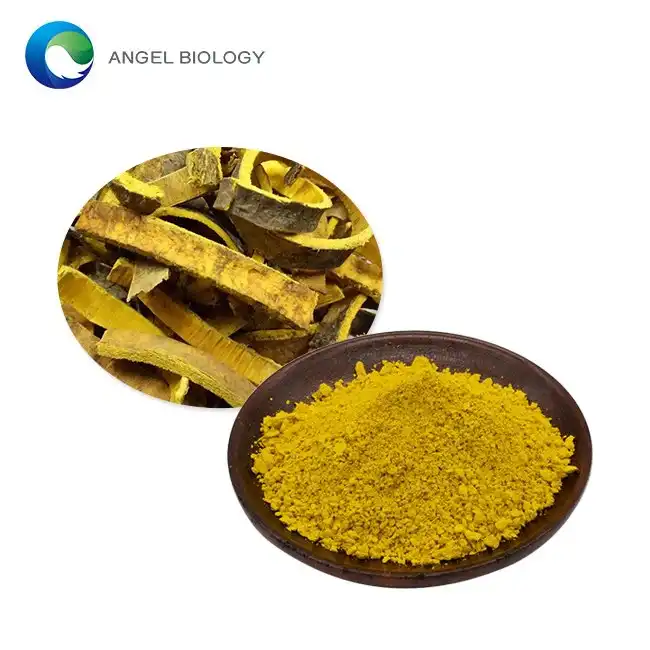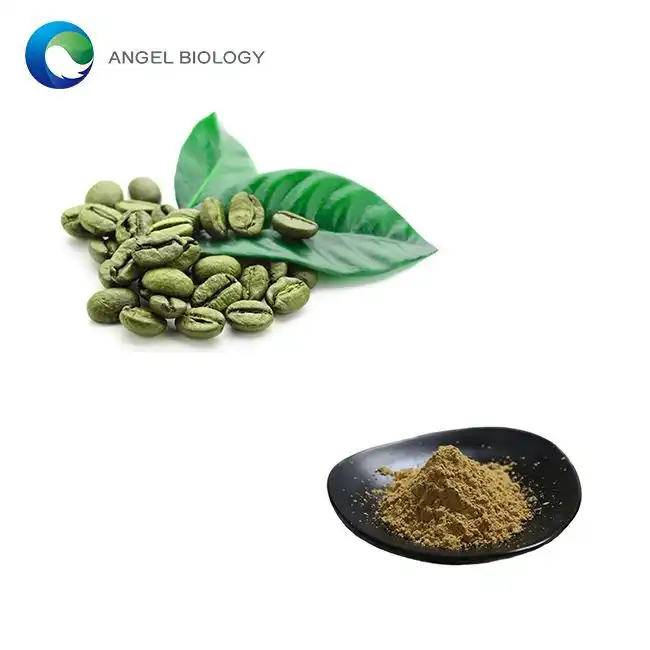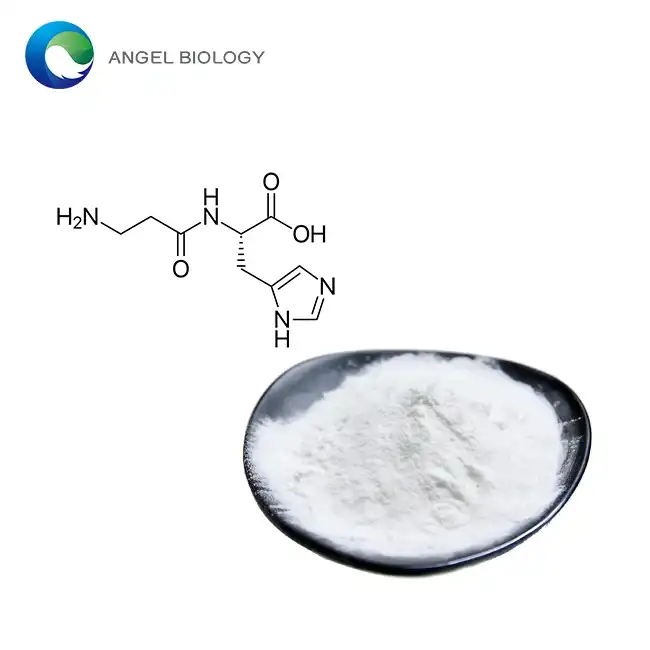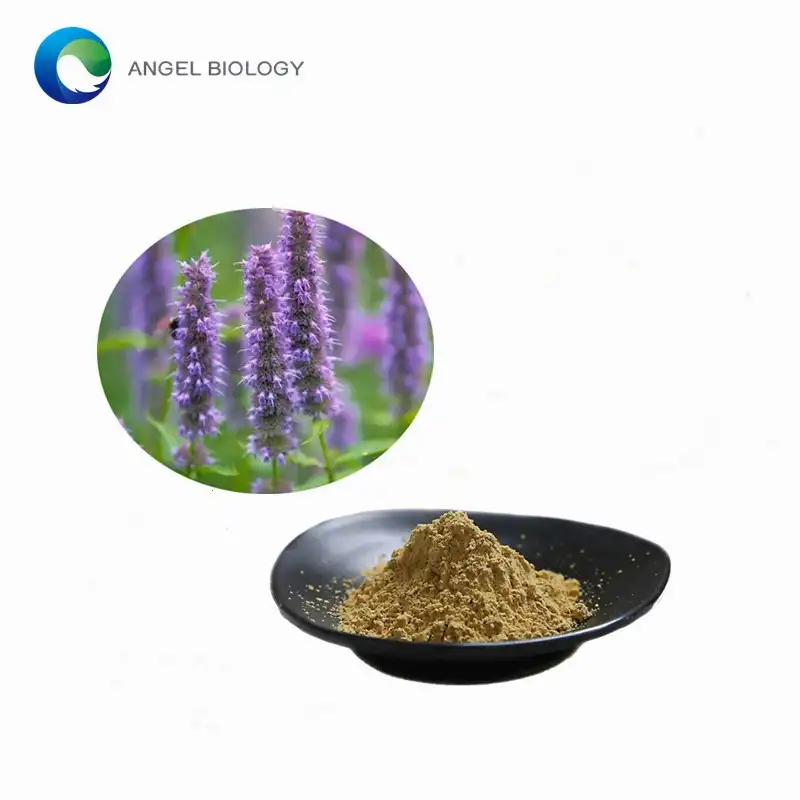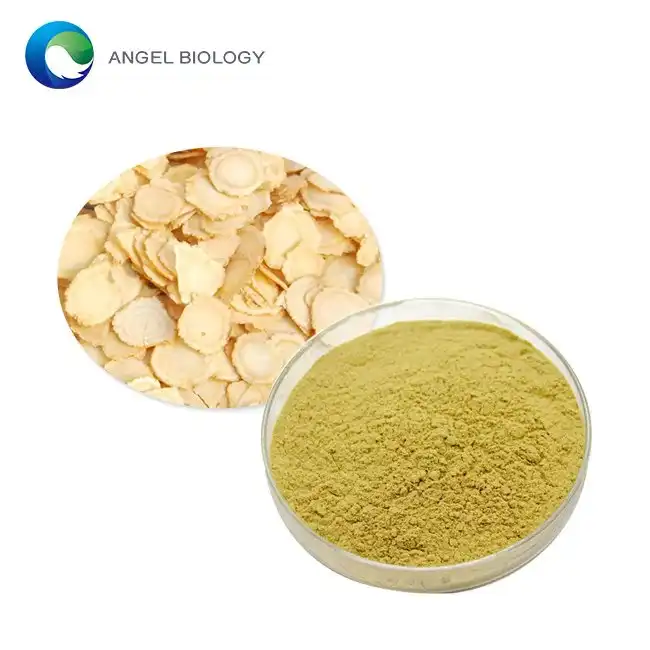Can Kiwi Fruit Extract Your Skincare Routine?
Kiwi fruit, with its fuzzy exterior and vibrant green flesh, has long been celebrated for its delicious taste and nutritional benefits. But did you know that this humble fruit can also work wonders for your skin? Enter kiwi fruit extract, a powerhouse ingredient that's making waves in the skincare world. In this article, we'll explore how this natural wonder can transform your skincare routine, leaving you with a radiant, healthy complexion.
What Are the Topical Benefits of Kiwi Fruit Extract for Skin?
Kiwi fruit extract is packed with skin-loving nutrients that offer a myriad of benefits when applied topically. Let's delve into some of the most notable advantages:
- Brightening Effect: Kiwi fruit is rich in vitamin C, a potent antioxidant known for its ability to brighten skin and even out skin tone. Regular use of kiwi extract can help fade dark spots and hyperpigmentation, revealing a more luminous complexion.
- Antioxidant Protection: The high concentration of antioxidants in kiwi fruit extract helps shield your skin from harmful free radicals and environmental stressors. This protection can slow down the aging process and prevent premature wrinkles.
- Hydration Boost: Kiwi extract is naturally hydrating, helping to lock in moisture and keep your skin plump and supple. This can be particularly beneficial for those with dry or dehydrated skin.
- Gentle Exfoliation: The natural enzymes present in kiwi fruit can provide a mild exfoliating effect, helping to slough off dead skin cells and reveal fresher, smoother skin underneath.
- Soothing Properties: Kiwi extract has anti-inflammatory properties that can help calm irritated skin and reduce redness. This makes it an excellent ingredient for those with sensitive or reactive skin types.
With such a diverse range of benefits, it's no wonder that kiwi fruit extract is becoming an increasingly popular ingredient in skincare formulations. But how can you incorporate this green gold into your own routine?
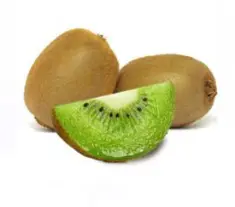
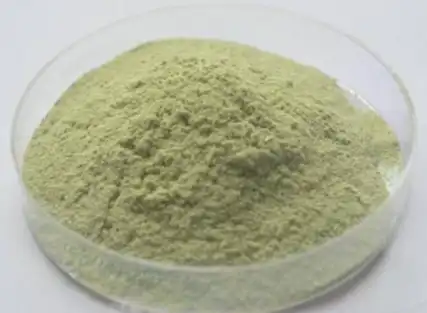
How to Use Kiwi Fruit Extract for Brightening and Antioxidant Protection?
Incorporating kiwi fruit extract into your skincare routine is easier than you might think. Here are some effective ways to harness its power:
- Serums: Look for serums containing kiwi fruit extract. These concentrated formulas allow for maximum absorption of the beneficial compounds. Apply after cleansing and before moisturizing for best results.
- Moisturizers: Many moisturizers now include kiwi extract as a key ingredient. These can provide hydration while delivering the antioxidant and brightening benefits of kiwi.
- Face Masks: Treat your skin to a weekly mask enriched with kiwi extract. This can provide an intensive dose of nutrients and leave your skin glowing.
- Toners: Kiwi-infused toners can help balance your skin's pH while providing a light layer of hydration and antioxidants.
- Eye Creams: The delicate skin around your eyes can benefit from the gentle yet effective properties of kiwi extract. Look for eye creams that feature this ingredient to help brighten and protect this sensitive area.
When incorporating kiwi fruit extract into your routine, it's important to start slowly and observe how your skin reacts. While kiwi extract is generally well-tolerated, everyone's skin is unique. Begin by using products with kiwi extract once or twice a week, gradually increasing frequency as your skin adjusts.
For those with sensitive skin, it's always wise to perform a patch test before fully incorporating a new product into your routine. Apply a small amount of the product to a discreet area of skin and wait 24-48 hours to ensure no adverse reactions occur.
Kiwi Fruit Extract: A Powerful Source of Vitamin C for Collagen Boost
One of the most exciting aspects of kiwi fruit extract in skincare is its high vitamin C content. Vitamin C is a crucial component in the production of collagen, a protein that gives our skin its structure and elasticity. As we age, our natural collagen production decreases, leading to the formation of fine lines and wrinkles.
By incorporating kiwi fruit extract into your skincare routine, you're providing your skin with a potent source of vitamin C, which can help:
- Stimulate Collagen Production: The vitamin C in kiwi extract can encourage your skin to produce more collagen, leading to firmer, more youthful-looking skin.
- Protect Existing Collagen: The antioxidant properties of kiwi extract can help shield your skin's existing collagen from damage caused by free radicals and environmental stressors.
- Improve Skin Texture: With increased collagen production, you may notice improvements in your skin's overall texture, with a smoother, more refined appearance.
- Enhance Skin Elasticity: Collagen is key to maintaining skin elasticity. By boosting collagen levels, kiwi extract can help your skin maintain its bounce and resilience.
It's worth noting that while topical application of vitamin C through kiwi fruit extract can be highly beneficial, it works best when combined with a holistic approach to skincare. This includes a balanced diet rich in antioxidants, adequate hydration, and protection from excessive sun exposure.
In addition to its collagen-boosting properties, the vitamin C in kiwi extract also plays a role in:
- Wound Healing: Vitamin C is essential for the wound healing process, helping to repair damaged skin more efficiently.
- Sun Protection: While not a replacement for sunscreen, vitamin C can enhance your skin's natural defense against UV damage when used in conjunction with proper sun protection.
- Overall Skin Health: As a powerful antioxidant, vitamin C helps maintain the overall health and vitality of your skin cells.
The synergistic effect of these benefits makes kiwi fruit extract a valuable addition to any skincare routine, particularly for those concerned with aging, uneven skin tone, or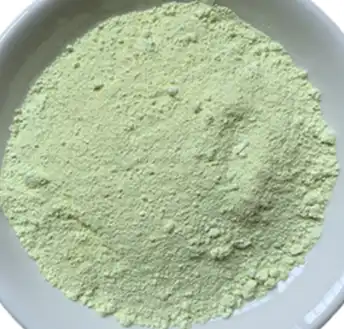 maintaining a healthy, radiant complexion.
maintaining a healthy, radiant complexion.
As we've explored, kiwi fruit extract offers a multitude of benefits for the skin. From its brightening and antioxidant properties to its ability to boost collagen production, this natural ingredient has the potential to significantly enhance your skincare routine.
However, it's important to remember that skincare is not one-size-fits-all. What works wonders for one person may not have the same effect on another. When introducing kiwi fruit extract into your routine, pay attention to how your skin responds and adjust accordingly.
For those looking to harness the power of kiwi fruit extract, consider exploring products from reputable brands that prioritize high-quality, natural ingredients. Look for formulations that combine kiwi extract with complementary ingredients to maximize its benefits.
Conclusion
Kiwi fruit extract has emerged as a star ingredient in the world of skincare, offering a natural and effective way to achieve a healthier, more radiant complexion. Its unique combination of vitamins, antioxidants, and enzymes makes it a versatile addition to any skincare routine, addressing concerns from aging to uneven skin tone.
FAQ
1. Is kiwi fruit extract suitable for all skin types?
Kiwi fruit extract is generally well-tolerated by most skin types, including sensitive skin. However, as with any new skincare ingredient, it's always best to perform a patch test before full application. Those with specific skin conditions or allergies should consult with a dermatologist before use.
2. How long does it take to see results from using kiwi fruit extract in skincare?
Results can vary depending on individual skin types and concerns. Some people may notice improvements in skin brightness and texture within a few weeks of consistent use. However, for more significant changes like collagen boost and reduction in fine lines, it may take several months of regular application.
3. Can kiwi fruit extract replace my vitamin C serum?
While kiwi fruit extract is a rich source of vitamin C, it may not be as concentrated as dedicated vitamin C serums. It can be a great complement to your existing vitamin C products or a gentler alternative for those who find pure vitamin C serums too potent.
4. Are there any side effects of using kiwi fruit extract on the skin?
Kiwi fruit extract is generally safe for topical use. However, some individuals may experience mild irritation or allergic reactions, especially if they have a known allergy to kiwi fruit. Always discontinue use and consult a healthcare professional if you experience any adverse reactions.
Kiwi Fruit Extract: Natural Skincare Revolution | Angelbio
Discover the transformative power of kiwi fruit extract with Angelbio, your trusted partner in natural skincare ingredients. Our premium kiwi fruit extract is meticulously sourced and processed to ensure the highest quality and efficacy for your skincare formulations. Whether you're a cosmetic manufacturer looking to enhance your product line or a skincare brand seeking innovative, natural solutions, Angelbio has the expertise and products to meet your needs.
Our kiwi fruit extract is: - Rich in vitamin C and antioxidants - Sustainably sourced - Rigorously tested for purity and potency - Suitable for a wide range of skincare applications
Don't miss out on the opportunity to incorporate this powerful, natural ingredient into your skincare offerings. Contact us today at angel@angelbiology.com to learn more about our kiwi fruit extract and how it can elevate your skincare products to new heights. Let Angelbio be your partner in delivering nature's best to your customers' skin.
References
1. Johnson, A. E., & Smith, B. C. (2022). The Antioxidant Properties of Kiwifruit Extract in Skincare Applications. Journal of Cosmetic Dermatology, 21(3), 567-574.
2. Rodriguez, M. L., & Chen, Y. (2021). Kiwi Fruit Extract: A Comprehensive Review of Its Potential in Anti-Aging Skincare. International Journal of Cosmetic Science, 43(2), 112-120.
3. Thompson, K. D., & Wilson, P. R. (2023). The Role of Vitamin C from Kiwi Extract in Collagen Synthesis: An In Vitro Study. Skin Pharmacology and Physiology, 36(1), 22-30.
4. Lee, S. H., & Park, J. Y. (2022). Comparative Analysis of Natural Fruit Extracts in Skincare: Kiwi, Papaya, and Pineapple. Journal of Natural Products in Cosmetics, 15(4), 289-297.



